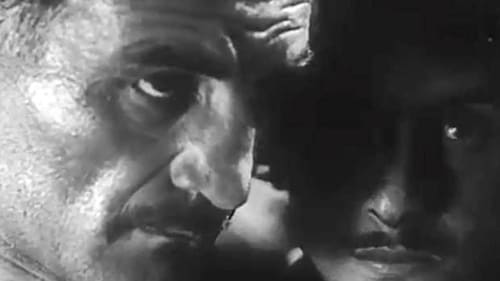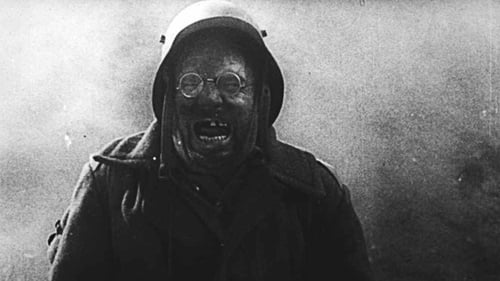Nikolai Nademsky
Nascimento : 1892-12-21, Kiev, Russian Empire
Morte : 1937-09-27

Taras Shevchenko
A film based on works and biography of the Ukrainian poet Taras Shevchenko (1814 - 1861).

Dionysiy
The film attempts to display an episode of the liberation movement in Ukraine - the uprising of Kolievs (serfs, artisans and fishermen) against the tyranny of the feudal lords and the Polish nobility, which ended with a brutal massacre performed by a Russian punitive expedition in 1768.

After the critical lambasting of his masterpiece Earth, Dovzhenko returned with a more popular iteration of its main motifs. Much like Earth, Ivan concerns itself with the natural rhythms of country life, disrupted by the beat of looming industrialisation.

Menshevik
The film recreates the events of 1905. In the center of the picture is the struggle of the proletariat, led by the Bolshevik party, against tsarism. The demonstration of labor unrest is replaced by episodes of the Russo-Japanese war, Black-Hundred demonstrations, accompanied by a pogrom of Jews, and beating of the intelligentsia. The film paints the attitude of the Mensheviks towards armed insurrection, reproduces the picture of barricade battles, the arrest of the Council of Workers' Deputies and the brutal reprisals of the tsarist autocracy with revolutionaries.

Semen
Terra é uma história que envolve várias gerações. Ela começa com morte de um avô, o que dificulta a vida do filho Opanas e do neto Vasily. Quando latifundiários ricos se apropriam de suas terras, Vasily lidera um movimento juvenil comunista e forma uma agricultura coletivizada na Ucrânia.

Cossack
Set in Odesa at the end of the Civil War when the town is occupied by the Whites. The night coachman, fifty-year-old Hordiy Yaroshchuk, lives with his daughter Katya who gets involved with a Bolshevik and revolutionary.

Official
Imagens mostram a devastação que a Primeira Guerra Mundial causou aos ucranianos.

Grandpa / General
The momentous film stars Mykola Nademskyi as the grandfather of Tymish (Semen Svashenko), whom he alerts to secret treasure buried in the mountains of Zvenygora – Treasure that rightfully belongs to his homeland. The film wonderfully blends both lyricism and politics and uses its central construct to build a montage praising Ukrainian industrialization, attacking the bourgeoisie, celebrating the beauty of the Ukrainian steppe and retelling ancient folklore. Said Sergei Eisenstein of the film, "As the lights went on, we felt that we had just witnessed a memorable event in the development of the cinema".

To justify the fantastic adventures of the blacksmith Vakula, the authors of the film “simplify” Gogol’s plot: Vakula, having drunk too much at Patsiuk’s place, falls asleep. And he sees this dream where the devil takes him to the palace of Catherine II in Saint-Petersburg; and there Vakula takes off the little shoes of the Russian empress to give them to his fiancée Oksana. And, really, drunk Vakula takes off the shoes while sleeping… but from Patsiuk. Later, when Vakula unwraps the package with the “royal slippers” in front of Oksana, he finds only Patsiuk’s dirty shoes there.


The defeated remnants of vile Ukrainian nationalists, headed by the leader of the Ukrainian liberation movement, Symon Petliura, cannot accept their historical fate and are plotting an insurrection against the Soviet regime in Ukraine. There is nothing Petliura and his cohorts would not do to win back control over Ukraine, including selling it to the highest bidder, in this case, the Polish dictator Jozef Pilsudski. A group of plotters are coordinating an insurrection in Kyiv with an attack from Poland headed by Petliura’s general Yurko Tiutiunnyk. Predictably, the invincible Red Army defeats the nationalist plotters and proves that the Soviet borders are impregnable.

Seltzer water salesman
Dovzhenko's debut film, it deals with a dandified barber's attempts to get rid of his "love berry" - his illegitimate offspring. Although a farce, its permissive sexuality can still be considered to be risque.








